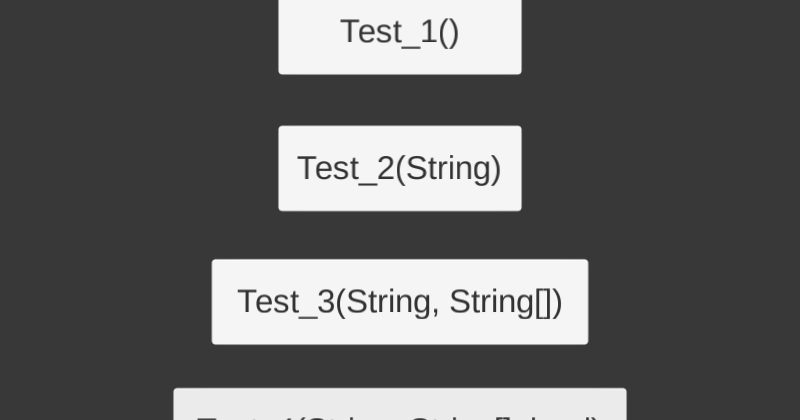
UNITY CALL FUNCTION PERSECOND UPDATE
When you update the function by deploying updated code, instances for older.If the function is idle, instances are cleaned up. If the function is busy handling many events, Google creates more instances.When the event provider generates an event that matches the function's.(named gcf-artifacts), and your new function is rolled out. Private Artifact Registry repository in your project

UNITY CALL FUNCTION PERSECOND CODE

Which is then uploaded to a Cloud Storage bucket (prefixed withĬloud Functions creates an Artifact Registry repository (named

The FixedUpdate method represents the dynamic part of a game in Unity, when we want to produce changes in time and that these changes are applied at regular intervals, we resort to the FixedUpdate function.Ī typical application of this function is to make the movement of objects or some animations that we do in a procedural way. Regardless of the FPS (frames per second) of our game, the FixedUpdate method will run at regular intervals, 50 times per second if the Fixed Timestep is set to 0.02 seconds.Ĭonclusion – FixedUpdate for evenly spaced changes in time This means that the FixedUpdate function will run periodically while our game is running. So we don’t have to execute this method manually, the engine takes care of it. While the game is running, Unity automatically takes all the MonoBehaviours on the scene and performs the FixedUpdate methods every time the “Fixed Timestep” time is met. MonoBehaviours can be added to the GameObjects that are in the hierarchy, this can be done from the inspector using the “Add Component” button or simply dragging the Script to the GameObject inspector. In this code is defined a Programming Class that is called equal to the name that we gave to the Script and that extends or inherits its behavior of MonoBehaviour, this in simple terms means that our Script is in itself a MonoBehaviour or a particular case of MonoBehaviour. When we create a new Script in Unity, by default we’ll get some code already written. This time can be seen and modified in the tab Edit > Project Settings > Time – Fixed Timestep. By default, the time between consecutive FixedUpdate runs is 20 milliseconds or 0.02 seconds.


 0 kommentar(er)
0 kommentar(er)
